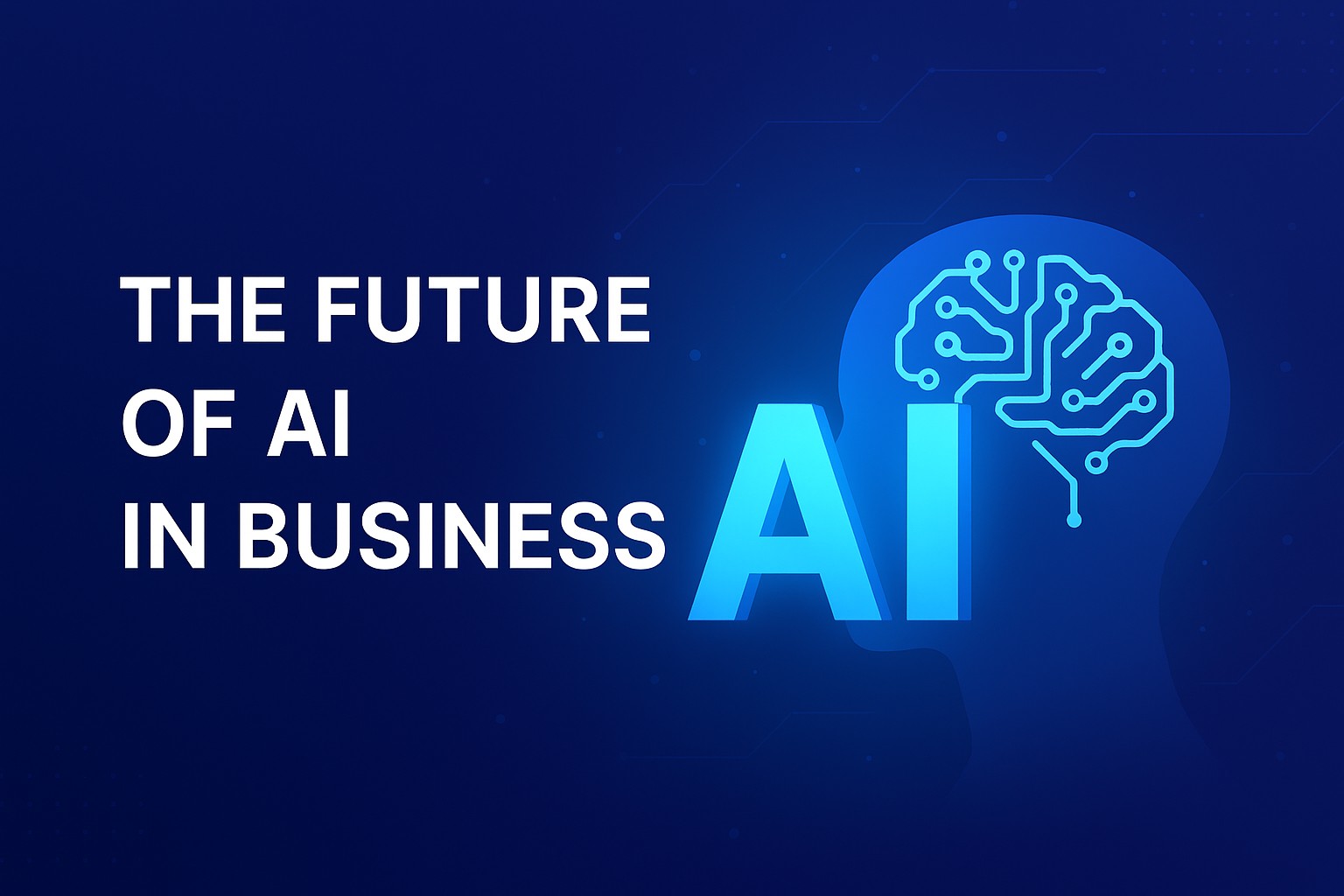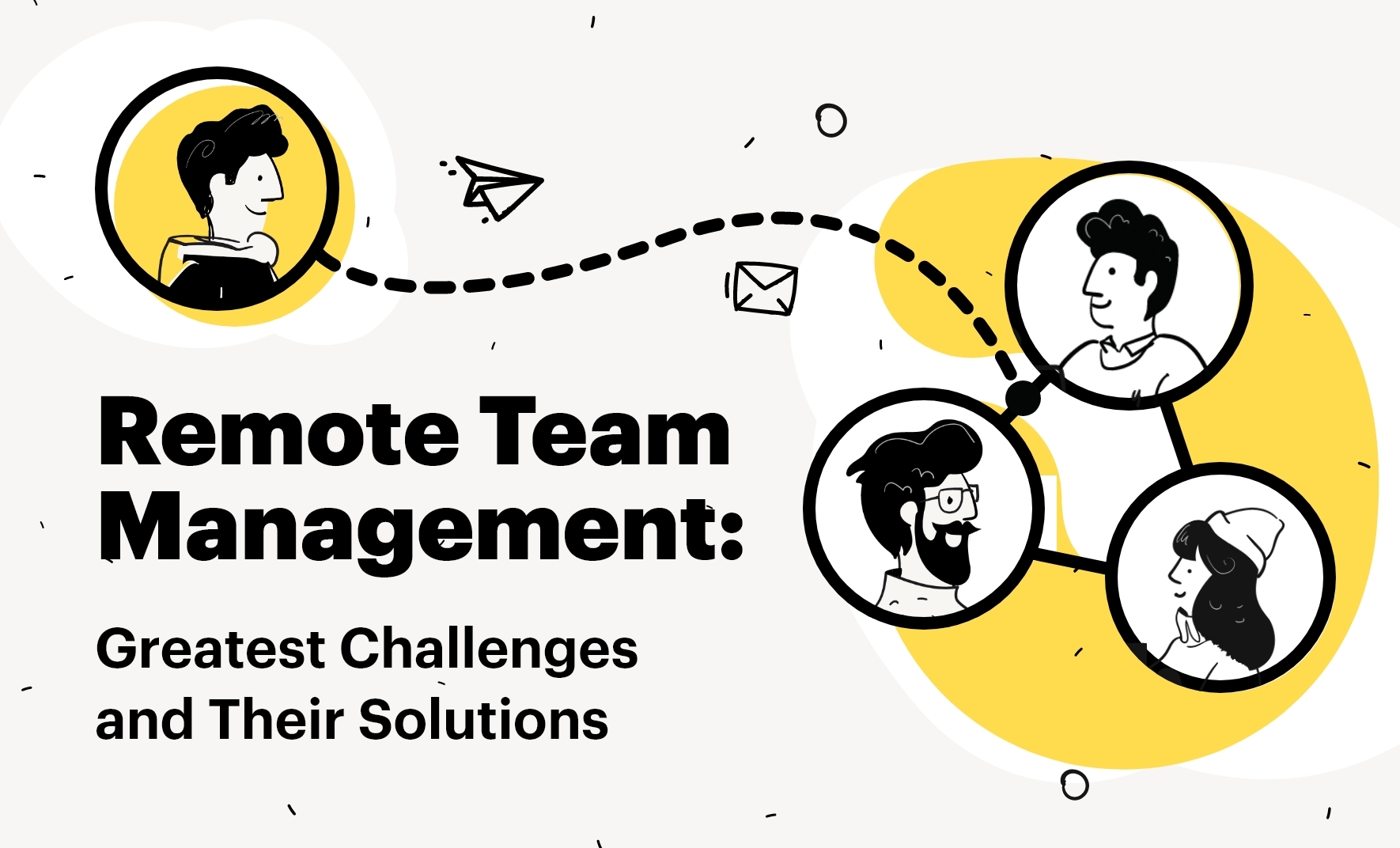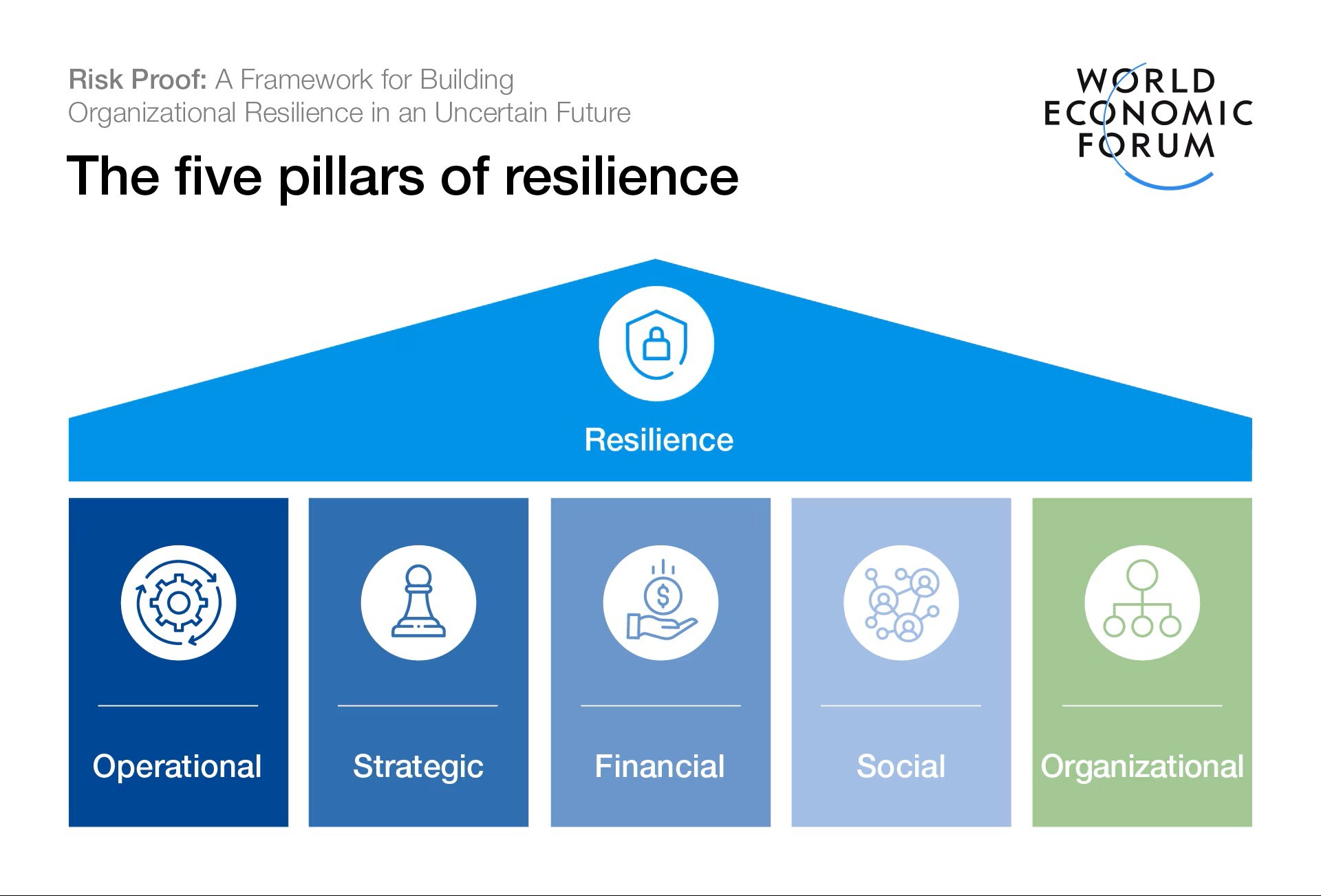The Future of AI in Business
Exploring how AI is reshaping industries, driving innovation, and defining tomorrow's business strategies.
1. Intelligent Automation
Businesses are increasingly using AI to automate routine tasks—freeing employees to focus on strategic work. Robotic Process Automation (RPA) integrated with AI can handle complex workflows, dramatically reducing operational costs.
2. Data-Driven Decision Making
AI-powered analytics enable companies to transform raw data into actionable insights. Predictive analytics helps businesses forecast demand, optimize pricing, and personalize offers, improving efficiency and customer satisfaction.
3. Generative AI in Innovation
Generative AI tools (like ChatGPT, DALL-E, and custom LLMs) are becoming creative partners—designing products, generating marketing content, and even writing code. This leads to faster time-to-market and cost savings.
4. Human-AI Collaboration
The future is not about replacing humans but augmenting their capabilities. AI copilots in tools like Microsoft 365, design software, and CRMs will empower workers to do more with less effort.
5. Ethical & Responsible AI
Businesses are realizing that trust is key. Explainable AI, bias detection, and compliance with regulations (like the EU AI Act) are becoming standard requirements for AI adoption.
6. Industry-Specific AI Solutions
- Healthcare: AI-assisted diagnostics, drug discovery, patient monitoring
- Finance: Fraud detection, algorithmic trading, risk scoring
- Retail: Personalized recommendations, inventory optimization
- Manufacturing: Predictive maintenance, quality control
7. The Competitive Edge
AI-native companies are already outperforming traditional ones. By 2030, AI is expected to contribute $15.7 trillion to the global economy, according to PwC. Businesses that adopt AI early will gain a lasting competitive edge.




Leave a Comment